
Political violence targeting leaders has been a grim reality worldwide, impacting both sitting presidents and presidential candidates. This history not only includes the United States but extends globally, reflecting the dangers faced by those in pursuit of or holding the highest office. Here, we explore the stories of presidents and candidates who survived assassination attempts and those who tragically did not. can have on the political landscape.
Assassinations of Sitting Presidents and Leaders
United States
- Abraham Lincoln: John Wilkes Booth shot and killed Lincoln in 1865 due to Lincoln’s support for abolishing slavery.
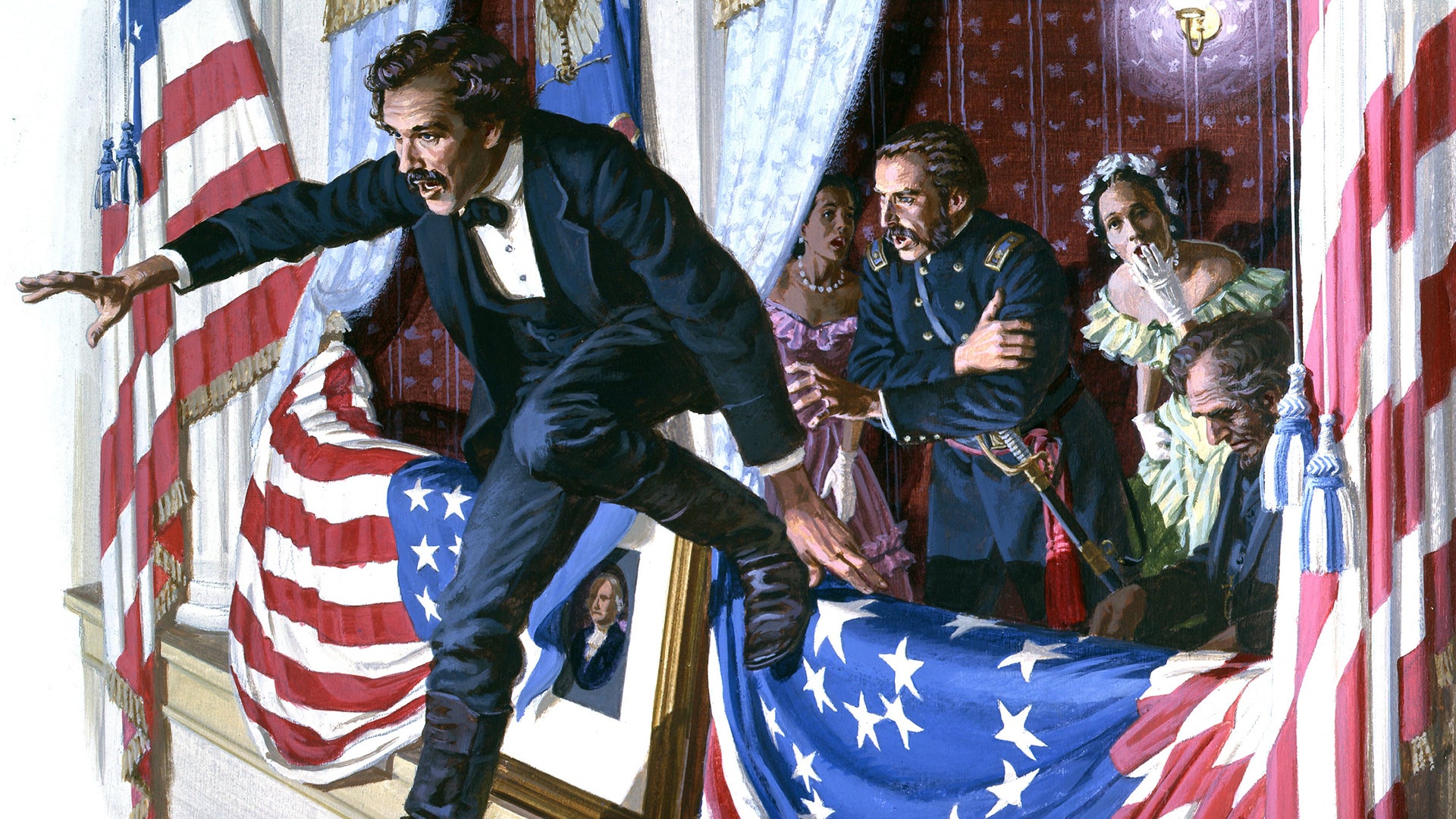
- James A. Garfield: Charles J. Guiteau shot James A. Garfield due to his disappointment over not being appointed as an ambassador in 1881.
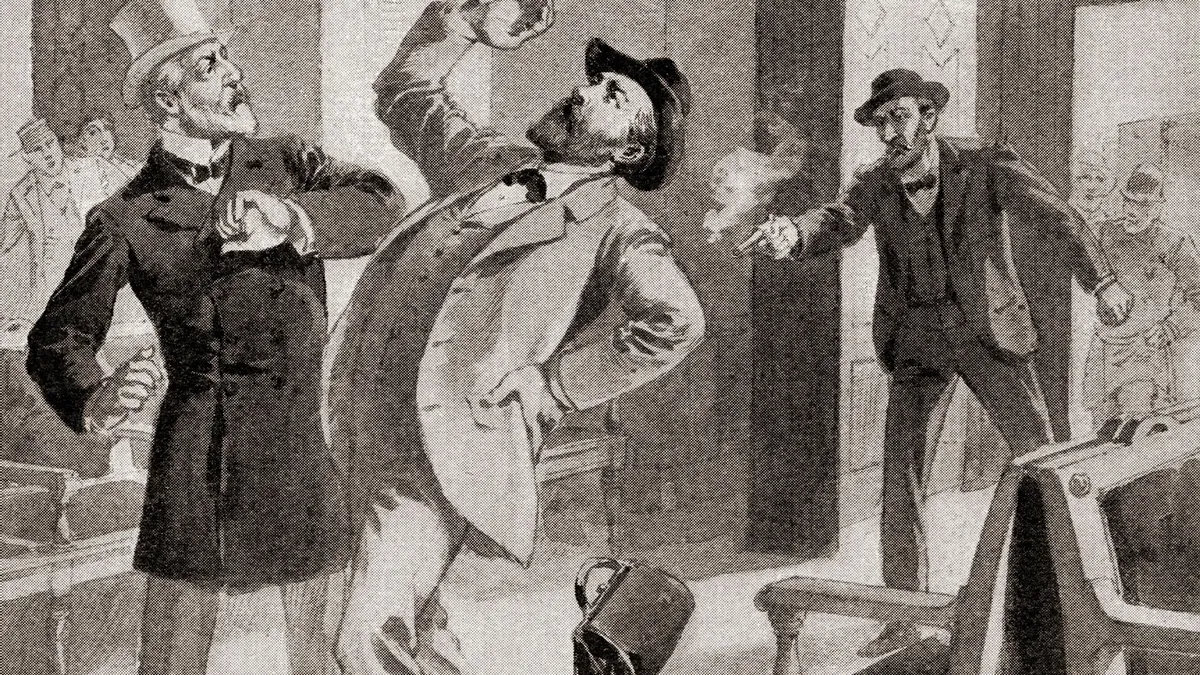
- William McKinley: Leon Czolgosz shot McKinley in 1901, driven by political motives.

- John F. Kennedy: Lee Harvey Oswald assassinated Kennedy in 1963, shocking the nation and leading to a prolonged investigation.

Other Countries
- Yitzhak Rabin (Israel): Yigal Amir assassinated Prime Minister Rabin in 1995 due to Rabin’s peace efforts with the Palestinians.

- Anwar Sadat (Egypt): Soldiers led by Lieutenant Khalid Islambouli assassinated President Sadat in 1981 during a military parade, opposing his peace treaty with Israel.
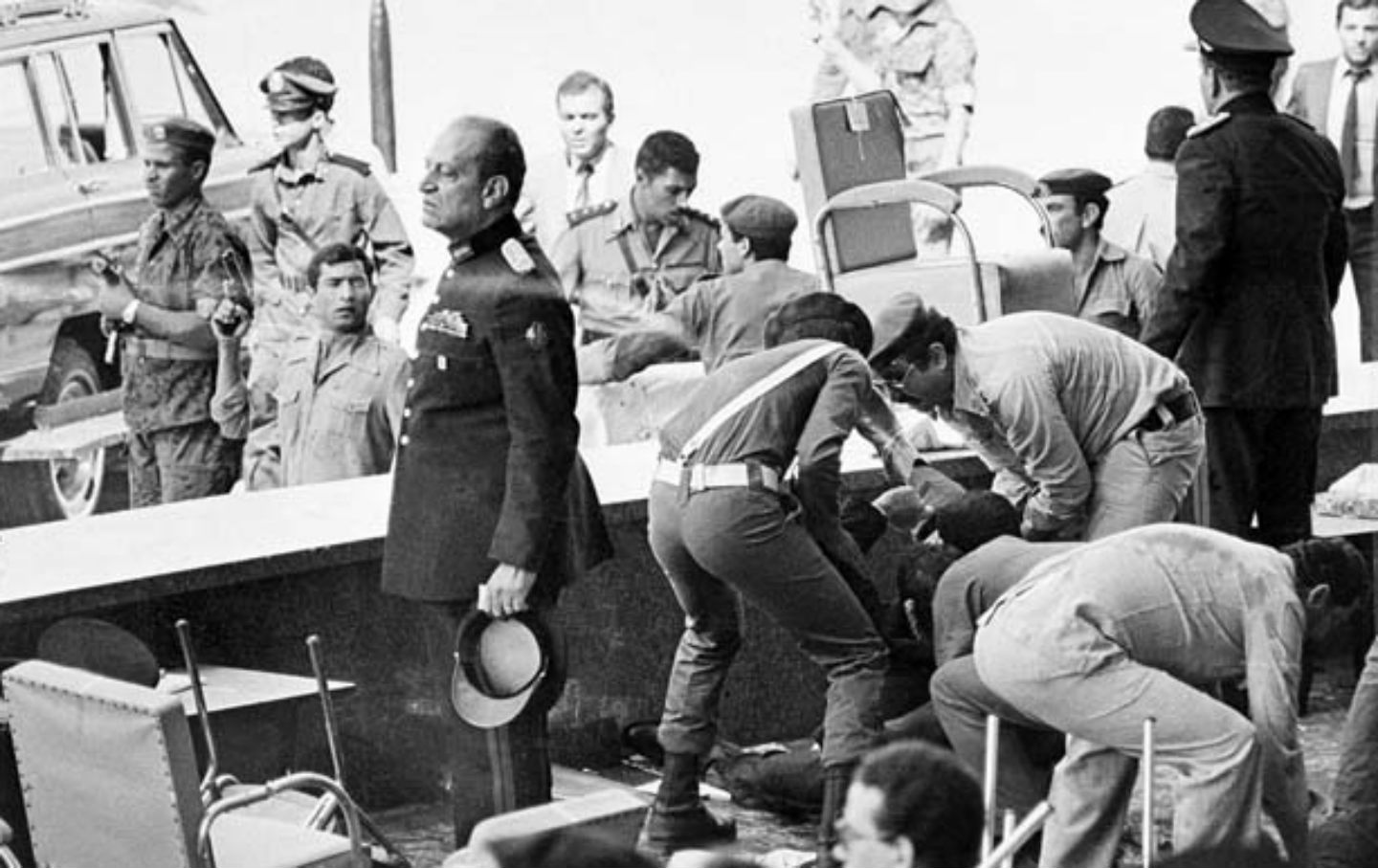
- Indira Gandhi (India): Her bodyguards, Satwant Singh and Beant Singh assassinated Prime Minister Gandhi in 1984 due to her orders to storm the Golden Temple.

Surviving Assassination Attempts
United States
- Ronald Reagan: In 1981, John Hinckley Jr. shot Ronald Reagan. Reagan recovered, and the court later found Hinckley not guilty by reason of insanity.
:max_bytes(150000):strip_icc():focal(762x396:764x398)/Ronald-Reagan-tout-042424-459ec6ce8eb64586b365acc4614066a2.jpg)
- Gerald Ford: In 1975, Lynette “Squeaky” Fromme and Sara Jane Moore both attempted to assassinate Gerald Ford. The authorities arrested and later released both women from prison.

- George W. Bush: In 2005, during a rally in Georgia, Vladimir Arutyunian threw a grenade toward George W. Bush, but it did not explode. The authorities convicted Arutyunian and sentenced him to life in prison.

- Donald Trump: In 2024, former President Trump was the apparent target of an assassination attempt at a campaign rally. Authorities apprehended the suspected shooter, Thomas Matthew Crooks.

Other Countries
- Queen Elizabeth II (United Kingdom): Marcus Sarjeant fired blank shots at the Queen during a 1981 parade. She was unharmed, and Sarjeant was sentenced to five years in prison.
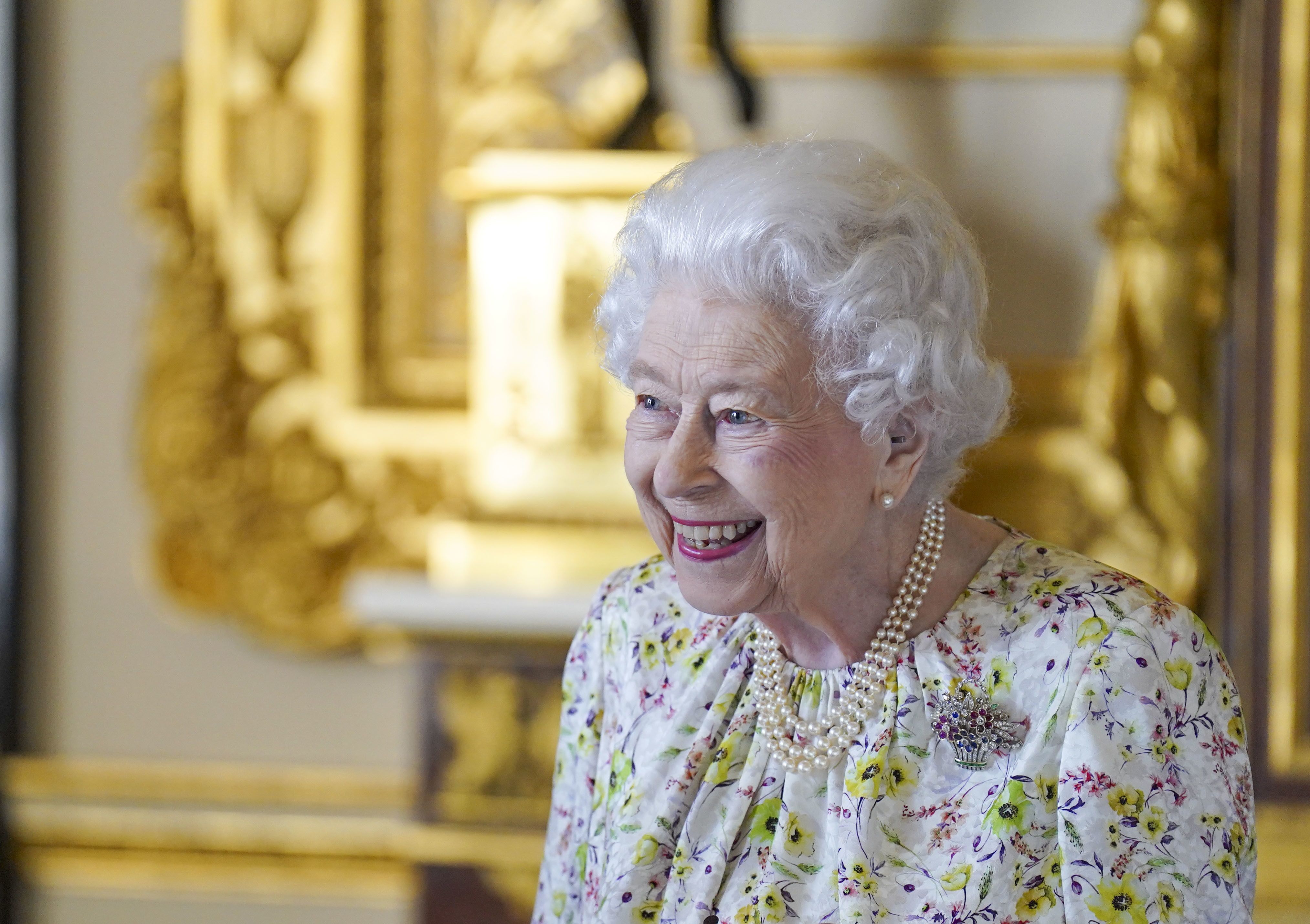
- Pope John Paul II (Vatican City): Mehmet Ali Ağca shot the Pope in 1981. The Pope survived and later forgave Ağca.

- Nicolas Maduro (Venezuela): In 2018, drones carrying explosives targeted President Maduro during a military event. He survived the attempt.

Attacks on Presidential Candidates
United States
- Theodore Roosevelt: In 1912, a bullet struck Roosevelt while he campaigned to return to the White House. A metal glasses case and a folded speech in his pocket slowed the bullet, leaving him unharmed.

- Robert F. Kennedy: Sirhan Sirhan assassinated Kennedy in 1968 while he ran for the Democratic presidential nomination, just five years after the assassination of his brother, President John F. Kennedy.

- George C. Wallace: Arthur Bremer shot and paralyzed Wallace in 1972 during his presidential campaign. Authorities convicted Bremer, who was later released from prison.

Other Countries
- Benazir Bhutto (Pakistan): In 2007, Bhutto survived an initial assassination attempt but was later killed in a second attack during her campaign.
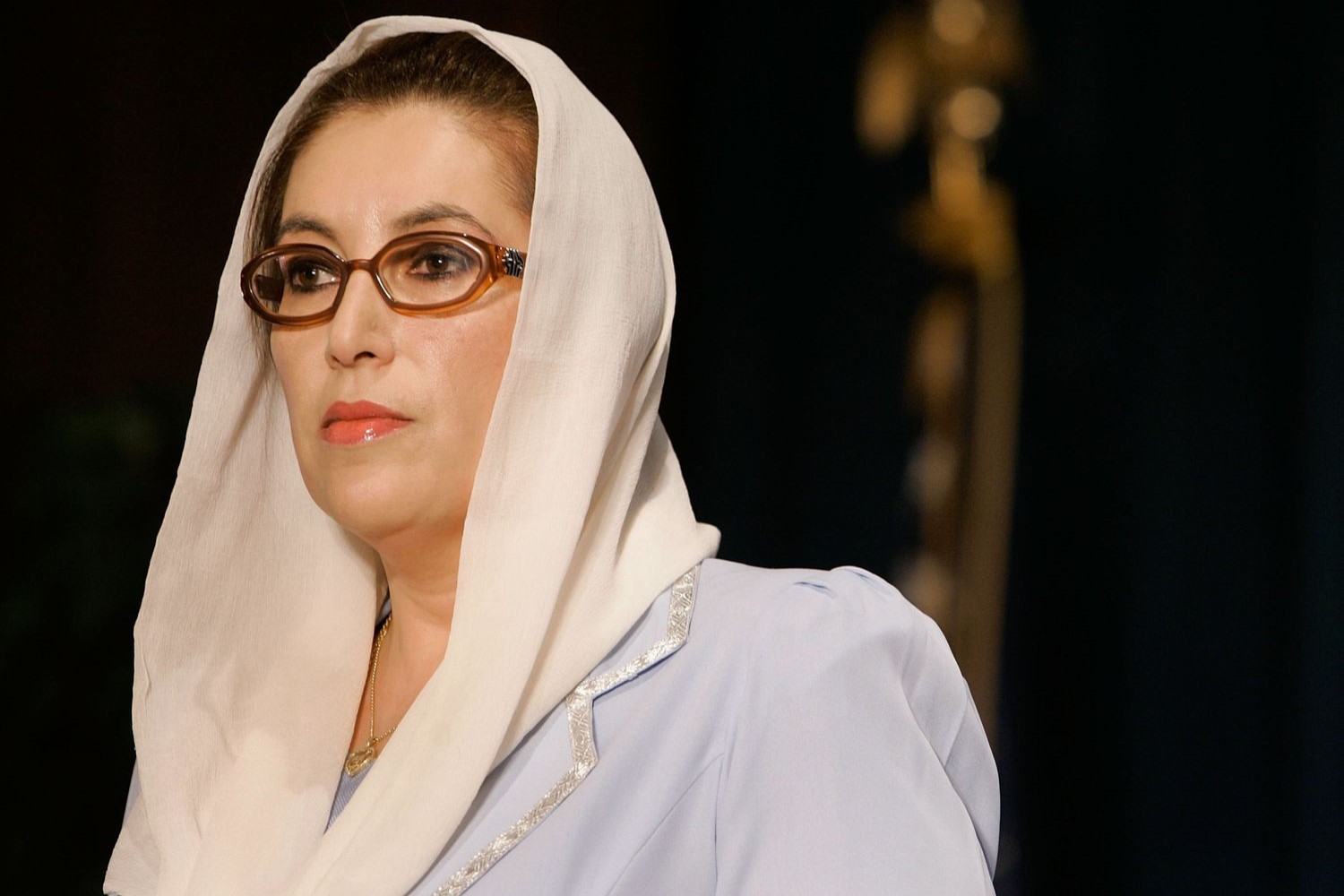
- Gabrielle Giffords (United States): Although not a presidential candidate, Giffords, a U.S. Representative, was shot in 2011 during a public meeting. She survived but suffered a severe brain injury.
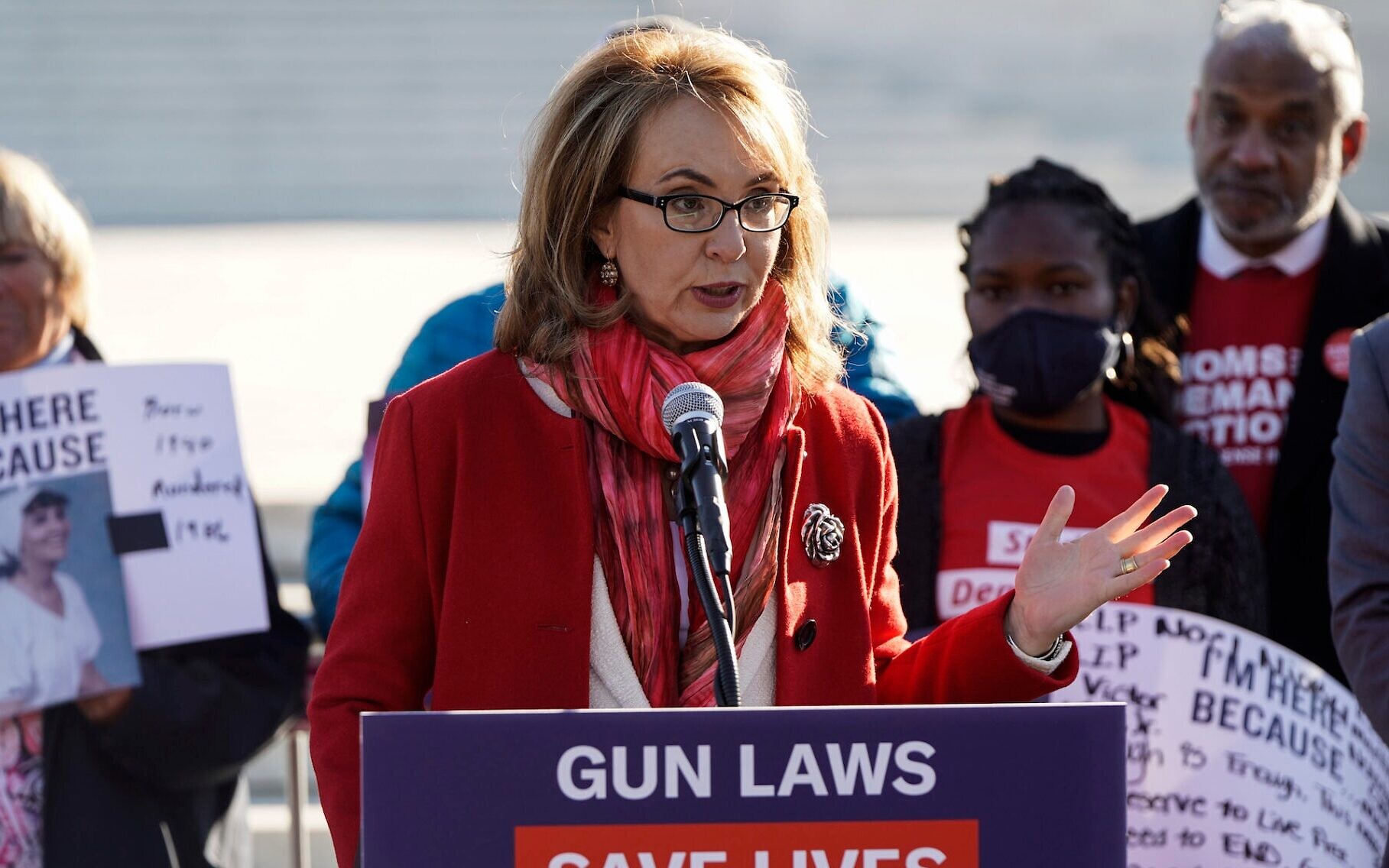
Conclusion
The history of political violence against presidents and presidential candidates, both in the United States and globally, underscores the persistent threats faced by leaders. From successful assassinations to narrow escapes, these incidents have left lasting impacts on nations and their political landscapes. They highlight the need for continued vigilance and robust security measures to protect those who serve in or aspire to the highest offices, ensuring the stability and continuity of governance. Follow for more!













